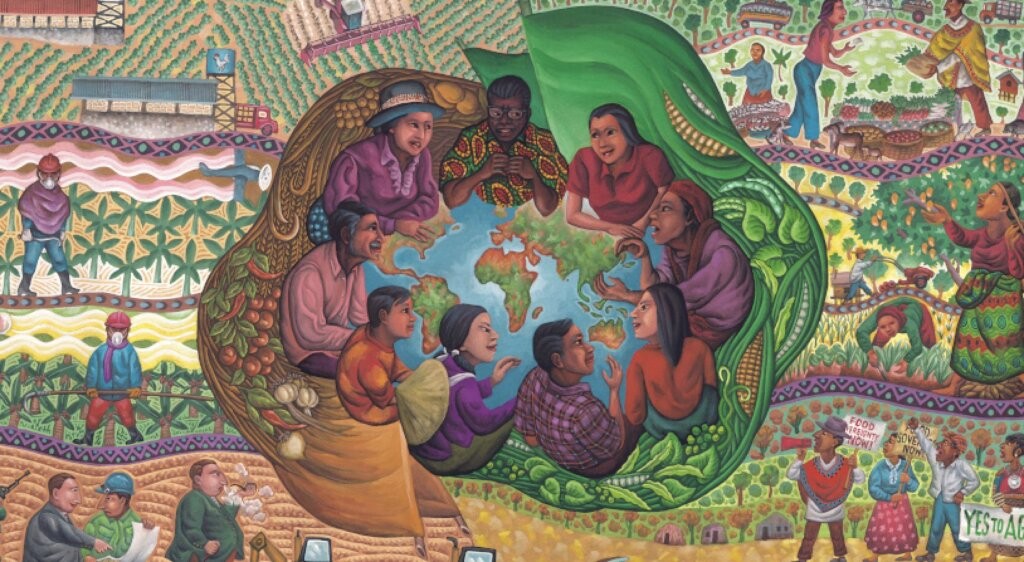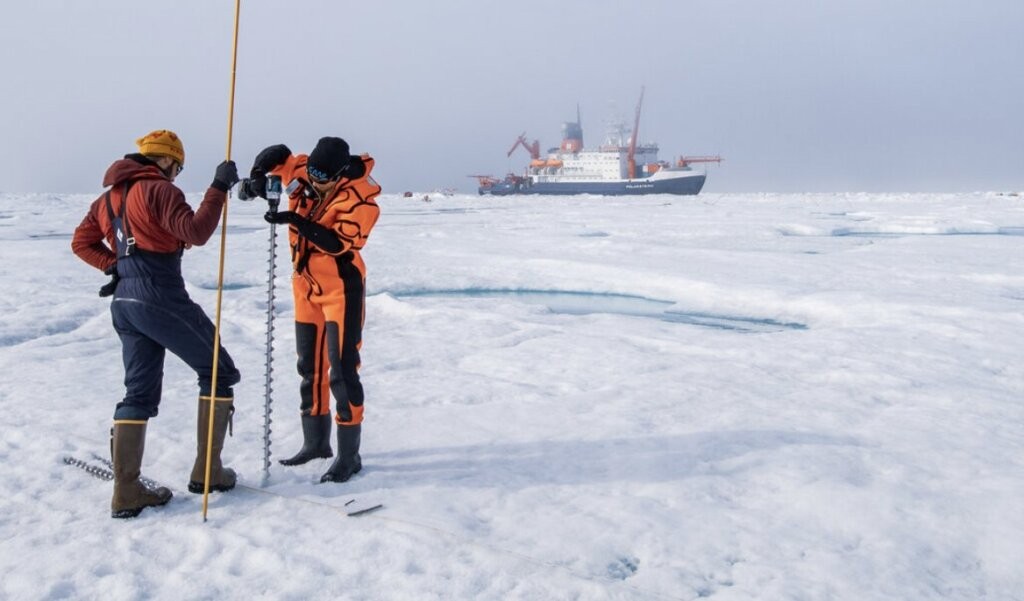9 Results

Celebrating 10 Years of Elementa: Science of the Anthropocene
Jul 06 2024
In December 2013, UC Press’s mission-driven, trans-disciplinary, open-access journal Elementa: Science of the Anthropocene published its first article, ushering in its motto, “Open Science for Public Good.” In this blog post we pause to reflect and take note of some of the publication highlights fro

A Q&A with Elementa: Science of the Anthropocene Ocean Science EIC Jody Deming
Dec 11 2023
Elementa is the right home for this type of research because we make a special effort to accommodate work that is, by necessity and intent, highly interdisciplinary, including work at the interface of various practices, from science to education and policy.

A Q&A with Maywa Montenegro, Associate Editor for Elementa’s Sustainability Transitions Knowledge Domain
Oct 10 2023
Collections like Agrobiodiversity Nourishes Us / La agrobiodiversidad nos nutre and Ways of Knowing and Being for Agroecology Transitions (forthcoming) have offered invaluable opportunities to gather scholars and practitioners across continents who are committed to participatory-action, engaged, and

A Q&A with Elementa Associate Editor River Shen
Sep 01 2022
"With its richness of civilizations, the Pan-Pacific realm has been experiencing especially severe environmental pollution and ecological crisis, associated with swift regional economic development over past decades."

Hundreds of international scientists, 12 months on an icebreaker in the Arctic: Elementa’s MOSAiC Expedition Special Feature
Feb 10 2022
"We hope that MOSAiC data lays the foundation for research on Arctic processes for many years to come and will improve not only our general understanding, but also our predictive capabilities in this region of the world."

OA Week 2021: Open Access at UC Press
Oct 27 2021
At UC Press, open access—the free, immediate, unrestricted, online access to peer-reviewed research and scholarly work—is central to our mission to drive progressive change by seeking out and cultivating the brightest minds and giving them voice, reach, and impact.

Call for Papers: COVID-19 and the Anthropocene
Apr 09 2020
The global coronavirus pandemic has already affected most of the planet in innumerable ways. Beyond its devastating human health toll, we are witnessing atmospheric, resource use, ecological, cultural, economic, and political consequences materializing in many places and at a scale that is unprecede

Ecology and Earth Systems: A Q&A with Elementa Editor-in-Chief Steven Allison
Jan 27 2020
"My vision for the new EES domain is to publish research that combines the traditional 'ologies' like ecology and geology with understanding of human impacts in the Anthropocene"

Open Science for Public Good: Elementa by the Numbers
Oct 23 2019
Elementa: Science of the Anthropocene has an Impact Factor of 3.518.